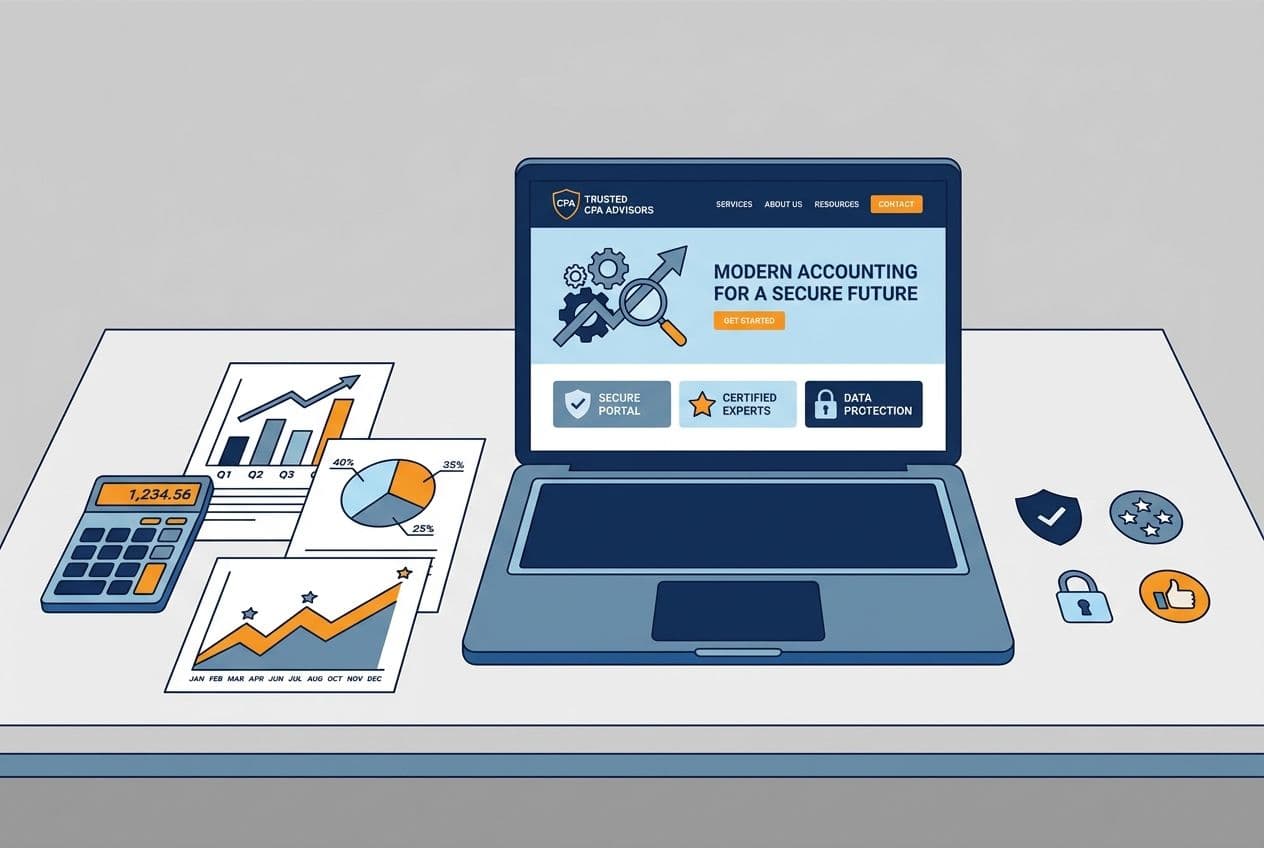In today's digital age, having a website is essential for any business. It allows you to connect with customers from all over the world and provides a platform to showcase your products or services. However, with the rise of online activities, website security has become a major concern for small businesses. In this article, we'll discuss the importance of website security for small businesses and provide tips on how to protect your website from online threats.
What is Website Security?
Website security refers to the measures taken to protect a website from cyber threats, such as malware, hacking attempts, and data breaches. Website security is crucial for small businesses because they are often targeted by cybercriminals due to their lack of resources to implement proper security measures.
The Consequences of Poor Website Security
The consequences of poor website security can be devastating for small businesses. Cyber attacks can result in stolen customer data, website downtime, and damage to your business's reputation. In addition, data breaches can lead to legal and financial consequences, including hefty fines and lawsuits.
How to Protect Your Website
There are several ways to protect your website from online threats. Here are some tips:
Use a Secure Web Hosting Service
Your website is only as secure as your web hosting service. Make sure you choose a reputable web hosting service that offers secure servers and regular backups.
Keep Your Software Up to Date
Software vulnerabilities are a common entry point for cybercriminals. Make sure you keep all software, including your website's content management system (CMS), plugins, and themes, up to date with the latest security patches.
Use a Secure Socket Layer (SSL) Certificate
An SSL certificate encrypts data transmitted between your website and your users, protecting sensitive information such as login credentials and credit card numbers. Make sure you use an SSL certificate on your website to ensure secure data transfer.
Implement Strong Password Policies
Weak passwords are a common security vulnerability. Make sure you implement strong password policies, including requiring complex passwords and regular password changes.
Regularly Back Up Your Website
Regularly backing up your website can help you quickly restore your website in case of a cyber attack or website downtime. Make sure you keep backups of your website offsite for added security.
Benefits of Website Security
Investing in website security can provide several benefits for small businesses.
Protection Against Cyber Threats
Website security measures can protect your website from cyber threats such as malware, hacking attempts, and data breaches, ensuring the safety of your website and customer data.
Improved Customer Trust
Having a secure website can improve customer trust, making them more likely to do business with you. Customers are more likely to trust a business that takes their security seriously.
Boosted SEO Rankings
Search engines such as Google prioritize secure websites in their search results. By implementing website security measures, you can improve your website's search engine rankings and visibility.
Website security is essential for small businesses. Investing in website security measures can protect your website from cyber threats, improve customer trust, and boost your SEO rankings. By following the tips provided in this article and working with a trusted web development agency, you can ensure your website is secure and your business is protected.


